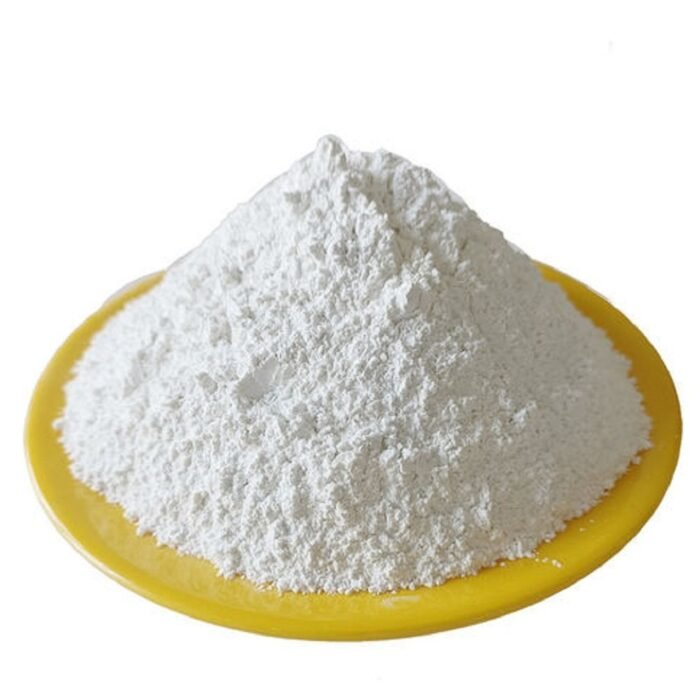Calcium carbonate is a naturally occurring mineral that plays a vital role in various geological and biological processes. Found in a wide range of environments, it is an essential component of many natural formations, including rocks, shells, and sediment. This article explores the various uses of calcium carbonate in nature and its significance in different ecosystems.
Formation of Rocks
One of the most common forms of calcium carbonate is limestone, which is formed from the accumulation of organic remains such as shells and coral. Over time, these materials compress and solidify, creating sedimentary rock layers. Limestone is not only abundant but also serves as a valuable resource for construction and industry. In addition to limestone, calcium carbonate is also present in marble, a metamorphic rock formed from the recrystallization of limestone under high pressure and temperature.
Role in Marine Environments
In marine ecosystems, calcium carbonate is crucial for the formation of shells and skeletons in various organisms. Mollusks, such as clams and oysters, utilize calcium carbonate to build their protective shells. Similarly, corals produce calcium carbonate to create their hard structures, which form the backbone of coral reefs. These reefs are vital for marine biodiversity, providing habitats for numerous fish and other aquatic species.
Importance in Agriculture
Calcium carbonate is widely used in agriculture to improve soil quality. It acts as a soil conditioner, helping to raise pH levels in acidic soils. By neutralizing soil acidity, calcium carbonate enhances nutrient availability, promoting healthier plant growth. Farmers often use calcium carbonate powder as a natural amendment to improve crop yields and overall soil health.
Industrial Applications
Beyond its natural occurrences, calcium carbonate is heavily utilized in various industries. It is a key ingredient in the production of cement and concrete, providing strength and durability to construction materials. Additionally, it is used in the manufacturing of glass, ceramics, and paper. Calcium carbonate’s versatility makes it an essential component in numerous products we encounter daily.
Environmental Significance
Calcium carbonate also plays a critical role in the carbon cycle. Through a process known as calcification, marine organisms absorb carbon dioxide from the water and convert it into calcium carbonate. This process helps regulate carbon dioxide levels in the atmosphere and oceans, contributing to climate stability. The dissolution of calcium carbonate in oceans can also help buffer acidity, supporting marine life in the face of changing environmental conditions.
Sources and Manufacturing
Calcium carbonate is sourced from both natural and artificial processes. Natural deposits can be found in limestone quarries, while synthetic calcium carbonate is produced through various industrial methods. Calcium carbonate manufacturers in India contribute significantly to meeting the demand for this essential mineral in different sectors. These manufacturers ensure a steady supply of high-quality calcium carbonate powder for industrial applications, agriculture, and more.
Conclusion
In summary, calcium carbonate is a remarkable mineral with widespread applications in nature and industry. From its role in rock formation to its importance in marine ecosystems, agriculture, and various industries, calcium carbonate is essential for maintaining ecological balance and supporting human activities. Understanding its uses and significance can help us appreciate the natural world and the resources it provides.



